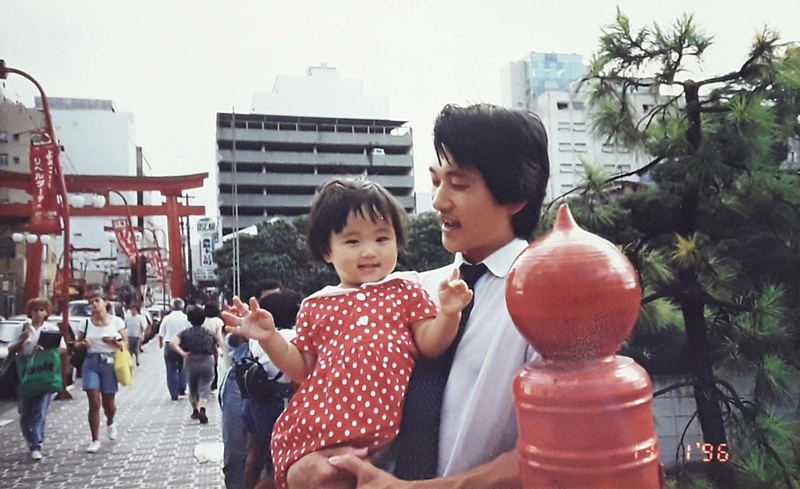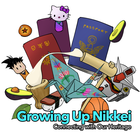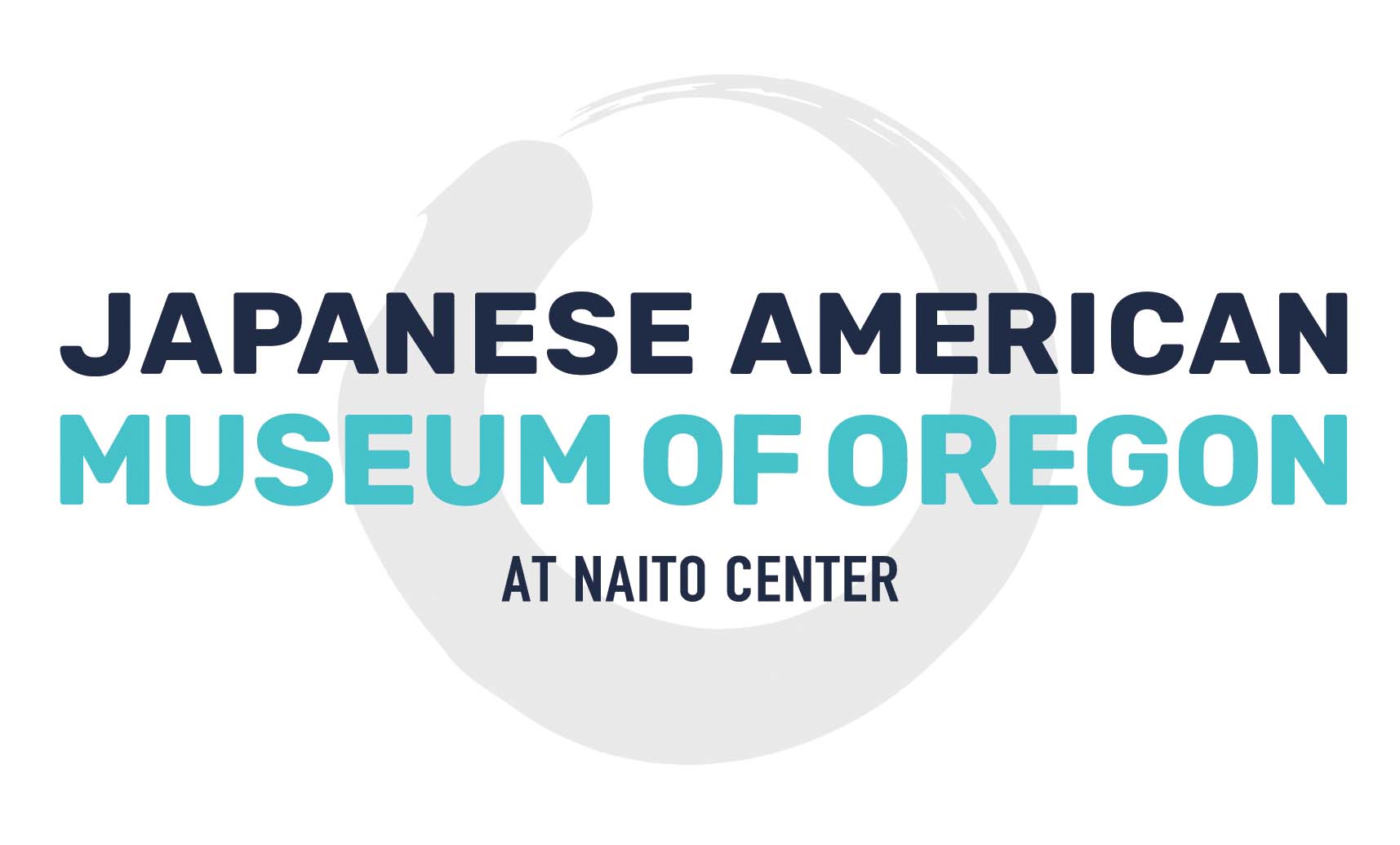“Nikkei” means Japanese descendants born outside Japan.
Once I taught a Japanese student at an International School and she told me I was different from her, I was a “Nikkei-jin,” a “person from the country of the Nikkei.”
Indeed, growing up Nikkei means existing between two very different worlds. Within two kanjis. Going back and forth between Brazil and Japan, Japan and Brazil.
In Brazil, to be Nikkei is to be Japanese-Brazilian. Japanese and Brazilian at the same time. How is it possible for a human to be two things? Waking up in the morning Japanese and sleeping Brazilian? Brazilian for lunch and Japanese for dinner?
It doesn’t work. As a result, I am a foreigner in my own country. It is an eternal contradiction. No matter how many times I get up in the morning, live, work, read and write in Portuguese, dance, smile, and travel, I am always too Japanese to be Brazilian, and too Brazilian to be Japanese.
In Brazil, they expect me to be docile, gentle, and meek. May my actions be silent, may I not say out loud what bothers me. They expect me to be very good at mathematics, to be a doctor or an engineer.
In Japan, they expect me to be a good woman, the quiet type. Thin, kind, and maternal. May she accept all violence and harassment in absolute silence. I don’t need a profession, I just need to be fertile.
In both places, they expect me not to say what I think. But I say a lot. I shout what I think. And I think too many things.
I think of all my aunts who were silenced in their arranged marriages. I think of all the batchans who were beaten by their husbands while working in the fields and at home, every day. I think about my alcoholic uncle who never questioned how much of his pain came from a lack of mental health care. I think about my other uncle who worked as a dekassegui until he was 79, had a stroke, and died on the factory floor and no one helped.
I think about my gay friend who hasn’t come out of the closet until this day because he knows his parents won’t accept it. I think about my friend who had an abortion and never told anyone and suffered alone from the pain of the child she didn't have.
I think about my own story, abandoned by my parents on an endless quest for money and survival. Abandoned in a system designed to destroy us, leaving Guarulhos1 straight to Narita.
I think of my sisters who were harassed since they were children by men obsessed with “Oriental” women. I think about all of this, and these thoughts don’t leave my head.
Being Nikkei for me in this painful world exists in all the passports filled with visas, the stopovers, the tiredness, the farewell dinners. Growing up Nikkei reminds me that I’m still not Brazilian enough, as I’ve never seen anyone like me on television. It reminds me that I still haven’t learned enough Japanese to be Japanese. That just by looking at me, Japanese people say “there’s something wrong with her.” Looking in the mirror and seeing this foreign ‘non-place’ always chasing me.
My batchan was not given a Portuguese name. Her father came from Japan and firmly believed that he would return in a few years, which is why the first three children did not have names in Portuguese. But after the fourth he gave up. From then on, only names in Portuguese. The reality of the countryside crushed my great-grandfather’s dreams.
Like him, many dekassegui families enroll their children in Brazilian schools in Japan, with the dream of returning to Brazil one day. Children graduate, become adults, and the MEC2 diploma is useless in the factory. Years of dreams are destroyed by the reality of manual labor and lack of perspective.
So, if you ask me what it’s like to grow up as a Nikkei, I can only say that I’m still growing and I think I still have a lot to learn. And I’m glad I thought a lot—a whole lot—about all of this.
Notes:
1. Guarulhos International Airport (GRU) in Sao Paulo, Brazil.
2. Brazil’s Ministry of Education (MEC).
© 2023 Liana Nakamura







